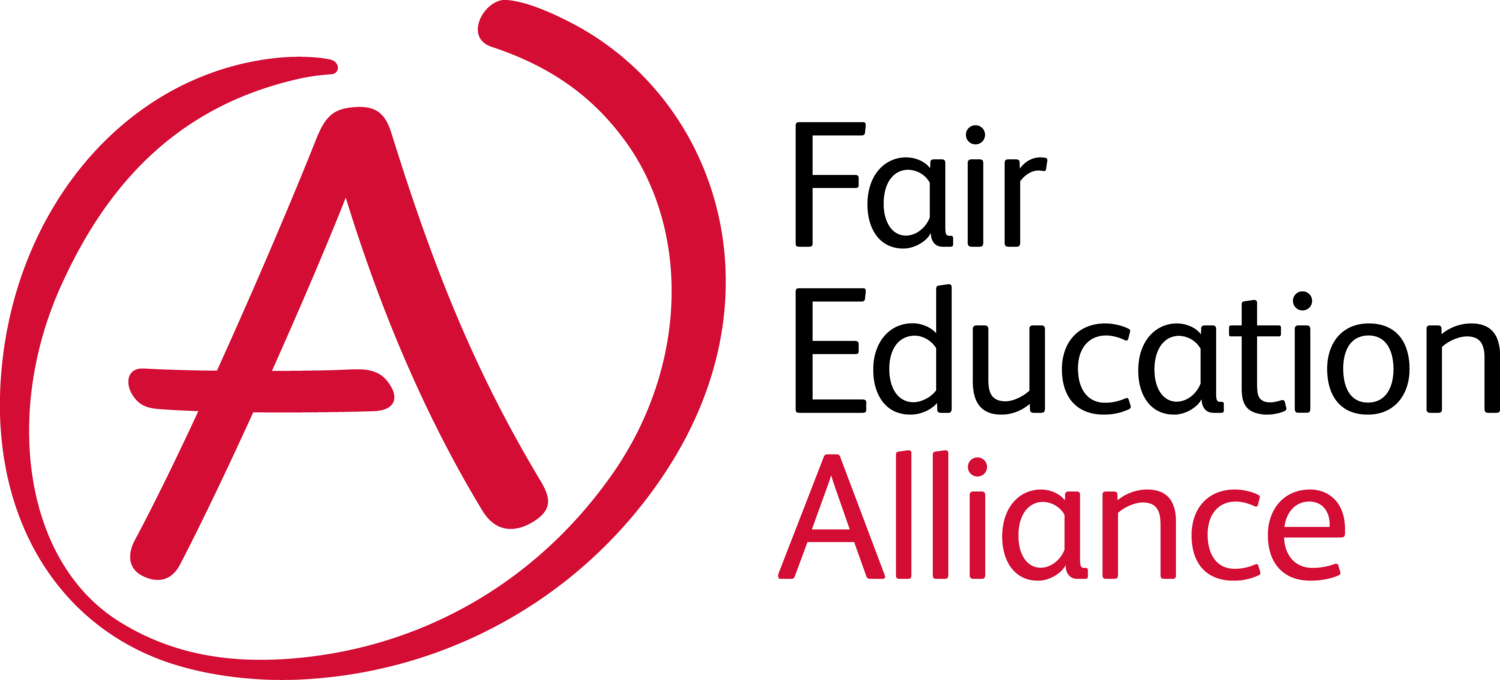The UCL Institute of Education (IOE) is delighted to join the Fair Education Alliance and to join forces with other leading organisations to bring the advantages of education to all.
As the world’s leading centre for research and development in education, ranked first in the world for education in the QS global rankings of universities for the past three years in a row, we typically account for over a quarter of the UK’s education research funding. At the heart of our mission is a commitment to social justice, and we have influenced policy and spending, curriculum design, service delivery and professional practice to help ameliorate the effects of social disadvantage across all life stages.
We hope, therefore, to work with the Fair Education Alliance to help it achieve all its impact goals, from literacy and numeracy at primary school, through to narrowing the gap in university graduation. However, for the initial focus of our work with the Alliance, I have chosen an area which sometimes receives less public attention than the school and university sectors: Impact Goal 4, to narrow the gap in the proportion of young people taking part in further education or employment-based training after finishing their GCSEs.
The transition from education to work can be hard to achieve for those from lower income backgrounds, and we have long argued for a more unified 14-19 curriculum to ensure that all young people experience both theoretical and applied learning opportunities that empower them to make informed choices for the future. We have recently researched the role of provision for 14-16 year olds in further education colleges in supporting progression into further education and employment, and have worked with partners on guidance related to 16-19 Study Programmes. We are leading projects designed to improve the quality of careers education, information, advice and guidance and, following research on 14+ participation, progression and attainment, provided evidence to a number of select committees.
Recent research from our Centre for Post-14 Education and Work has focused on building local and regional high skills ecosystems, in which employers, post-16 education providers and local and regional organisations collaborate to develop the technical and vocational education required for economic prosperity. This has involved innovative, sustainable partnerships between FE providers and employers to encourage the design and delivery of new learning opportunities, as well as stimulating changes in the workplace itself. Our aim is to provide young people with high quality technical and vocational education pathways and clearer progression routes into employment and further study.
We are excited to be joining the Fair Education Alliance, and I see our membership as an important way for us to build new partnerships which will inform our research, help us to inform policy and practice, and make a real difference to those who have most to gain from the positive impact of education on their future health, happiness and career prospects.
Becky Francis, Director, UCL Institute of Education

